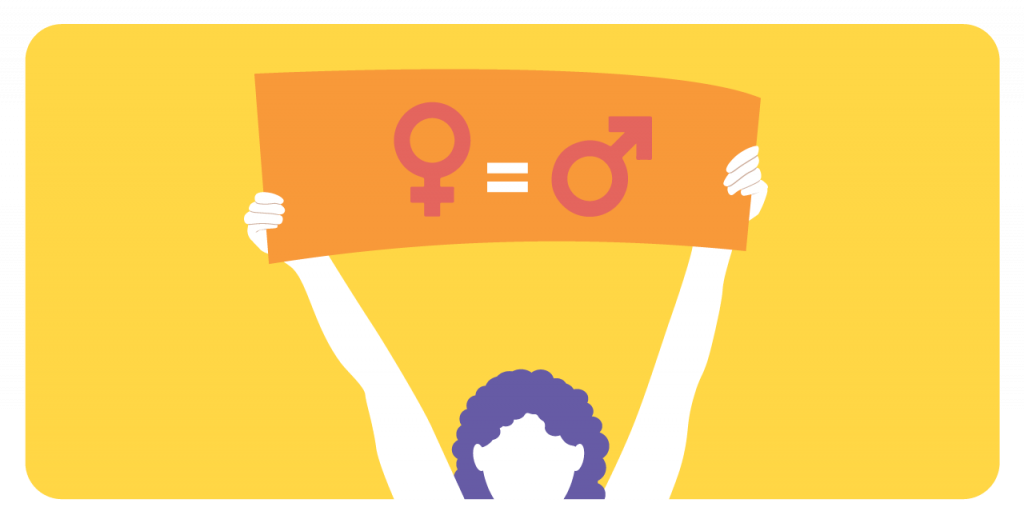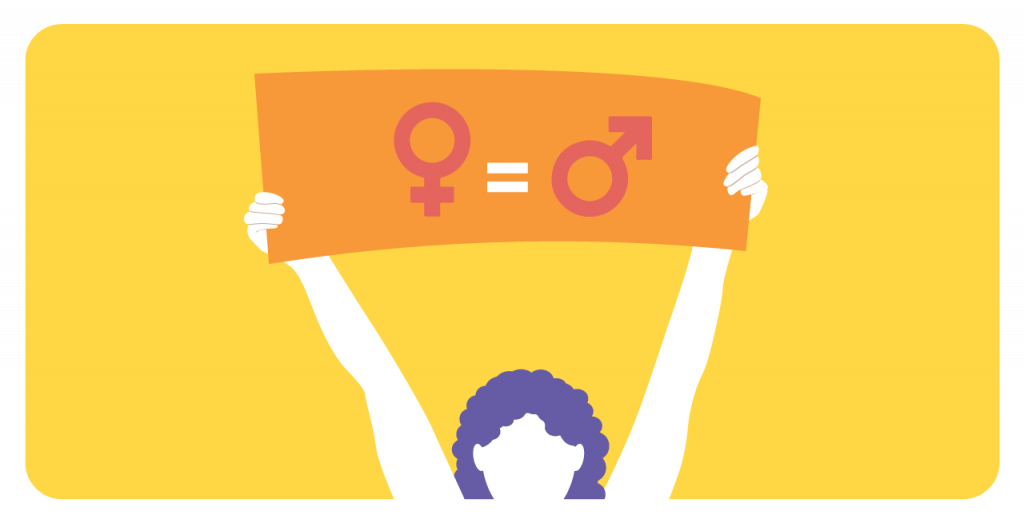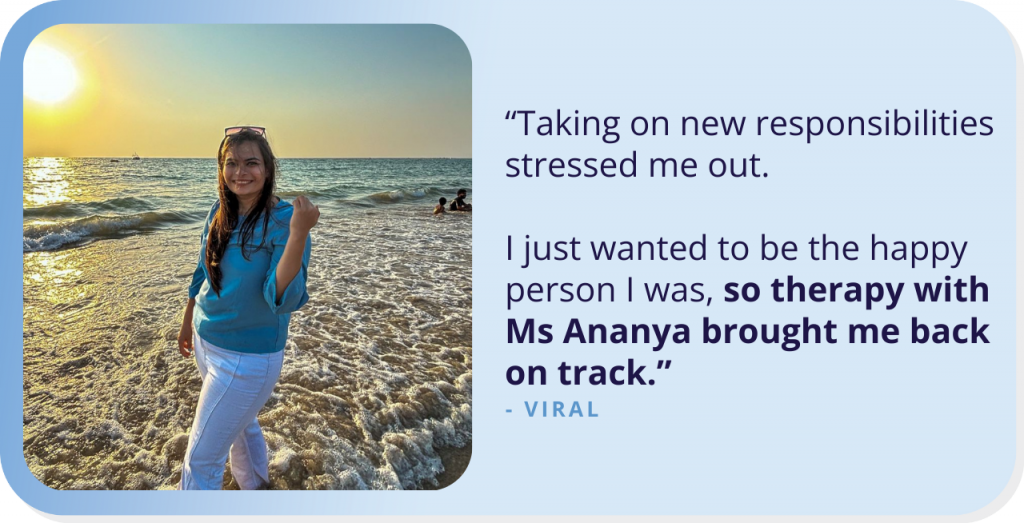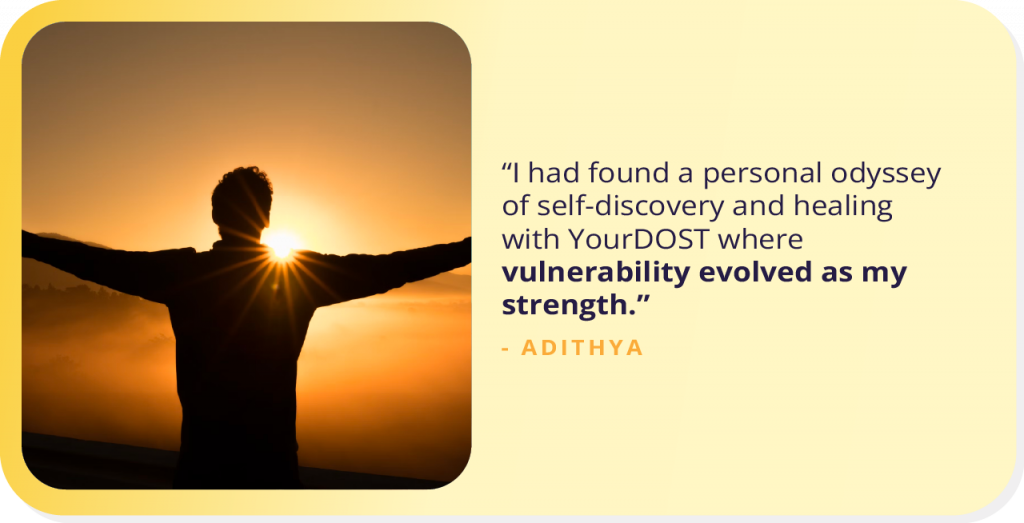
Misconceptions on Feminism

Feminism is a dynamic, powerful social movement that has revolutionized societies and addressed long-standing gender inequalities. Unfortunately, misconceptions and myths about feminism remain, sometimes fostered by individuals who lack a thorough understanding of its principles and objectives.
It is a socio-political movement that aims to define and establish the political, economic, personal, and social equality of the sexes. At its core, feminism means that all genders should have equal rights and opportunities.
These are some of the most common misconceptions:
- Feminism is a fight for power and matriarchy: The beginning of feminism was to demand equal rights for women be it in economic or political spheres. Gradually from there, the movement spread to include different spheres of inequities. It was never about promoting matriarchy. It is not a battle of snatching away power from anyone but about restoring power to the oppressed gender. According to social norms, both genders are expected to fit in certain roles and have certain personalities. Feminism seeks to dispel the myths and promote social acceptance of all genders.
- Feminism is about hating men: Feminism is frequently interpreted as anti-male, but what it aims to achieve is gender equality. It promotes equal rights and opportunities for all genders, exposing systematic inequalities and harmful prejudices. By addressing these concerns, feminism seeks to build a just and inclusive society in which everyone may prosper.
- Feminists cannot be feminine: It is often thought that women must adopt “manly” behavior or interests to be a feminist. The fact that feminists cannot be feminine is a misconception. The basic principle about existing freely, as stated in the Universal Declaration of Human Rights is “All human beings are born free and equal in dignity and rights.” Women can be feminine and still be a feminist. Empowerment is about having the freedom to choose, regardless of society’s perceptions.
- Feminism is about being “the man”: Here’s a good example of how feminists are frequently misunderstood: Some may argue that as the only female child, “I am capable of being the son my parents wanted.” However, the purpose of feminism is not to compete with men or satisfy their expectations. It’s about realizing that women shouldn’t be like males to show their worth. Whether a woman is a daughter, married, single, or pursuing her path, she can still provide a decent life for her parents. Feminism is not about seeking affirmation but about ensuring everyone has the right to pursue their path and be accepted for who they are.

A recent campaign that has been instrumental in spreading awareness of Feminism is He For She. It is a solidarity movement and a global campaign to improve gender equality that tries to engage men and boys in achieving equality by taking action against harmful gender stereotypes and practices. Its logo depicts the collaboration of women and men to achieve gender equality by combining elements of both female and male emblems.
On September 20, 2014, a special event was held at the United Nations headquarters in New York City to launch the HeForShe movement. Hosted by UN Women Goodwill Ambassador Emma Watson, her speech calling for men and boys to support gender equality went viral on social media. Twitter recognized this launch as a pivotal moment of 2014, even painting the hashtag on its headquarters’ wall.
How can men be feminists?

Men’s active support is critical in the fight for gender equality. Women have historically endured oppression and discrimination, demonstrating the importance of tackling these specific obstacles to achieve equality. Feminism attempts to ensure that women have equal rights and opportunities as men, allowing them to live freely and pursue their interests. Standing together, men and women can build a society in which everyone, regardless of gender, is treated with dignity and fairness.
- Communicate with women you are close to: Men can try and understand the concept of feminism by talking to the women they know. Putting in the effort to listen and understand can make them allies.
- Learn about the movement: Before commenting or framing opinions do a thorough analysis of the concept and try to understand it from a woman’s perspective.
- Do not indulge in sexist opinions: Avoid sharing content that belittles or marginalizes women, or that includes discriminatory language and hate speech. Do not perpetuate the creation of such discourse. Try to be inclusive.
- Be consistent: Remember that achieving equality is a long process and a difficult one. Your support will be needed by millions of women who are fighting for their basic human rights and therefore be consistent.
Media, well-known people, and authors have huge impacts on changing ideologies and overcoming misconceptions.
- Emma Watson’s strong UN address began the HeForShe campaign, highlighting that feminism is about gender equality and asking men to join the cause. Her advocacy challenges the myth that feminism is anti-male.
- Malala, the youngest Nobel Prize recipient, utilizes her position to promote girls’ education and the broader impact of gender equality. Her experience and activity challenge the notion that feminism is solely about Western issues, demonstrating its worldwide importance.
- “We Should All Be Feminists”: Adichie’s TED Talk and accompanying book define the fundamental concepts of feminism while dispelling myths about it being a movement only for women. She underlines that feminism is about equality and justice for all genders.
- Roxane Gay’s book “Bad Feminist” explores the intricacies of the feminist movement and dispels the myth that feminists must be ideal or conform to a single viewpoint. She promotes a more inclusive and empathetic approach to feminism.
Feminism aims to promote a society where everyone is treated with respect and fairness, regardless of gender, by recognizing women as individuals with the same rights and opportunities as men.
As Emma Watson eloquently stated in her UN speech, “If not me, who? If not now, when?” It is time for all of us, regardless of gender, to stand up for equality and create a more just and equitable society for all.







